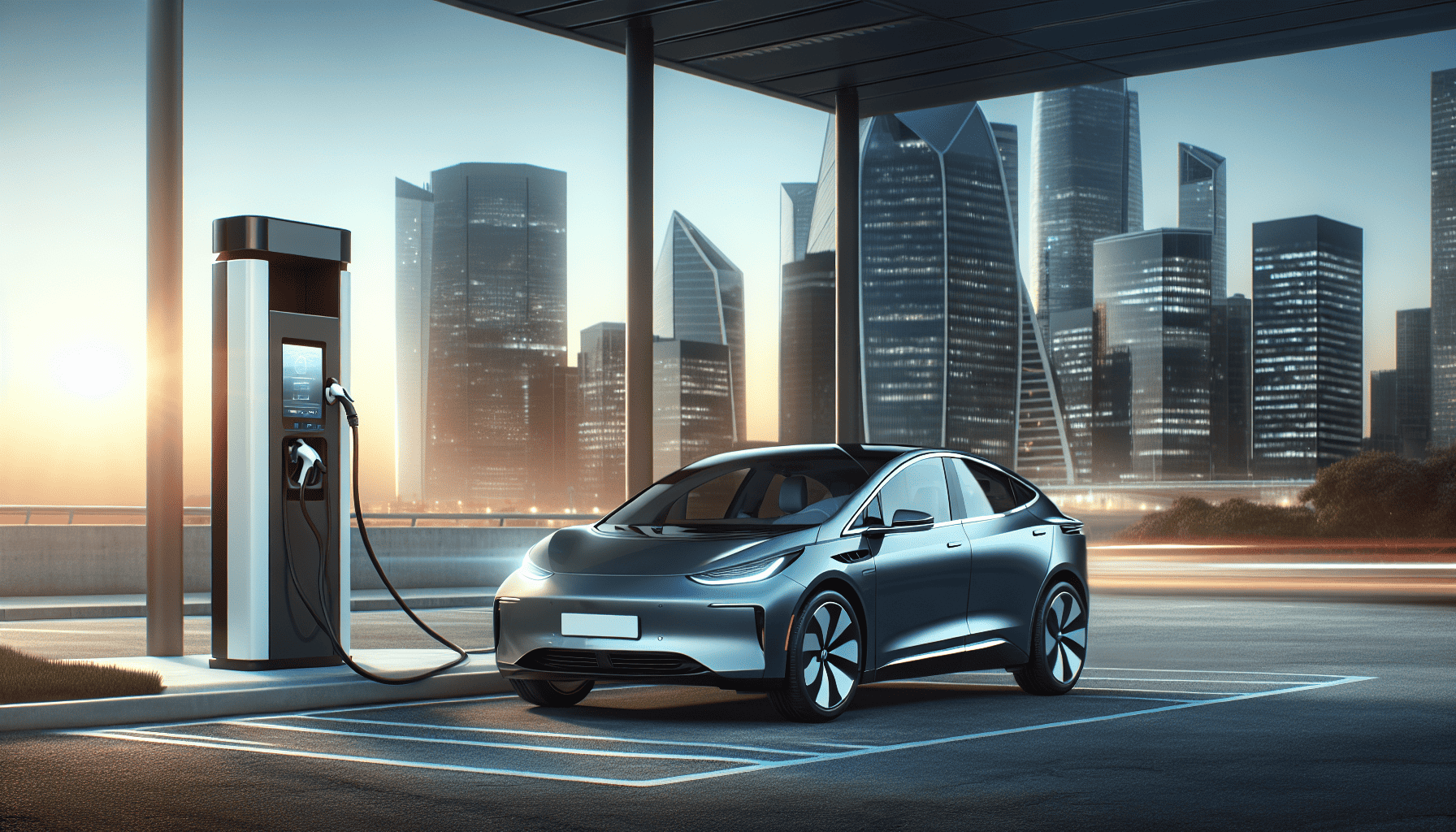The automotive landscape is undergoing a transformative shift, with electric vehicles (EVs) at the forefront of this evolution. Once a niche market limited to environmentally conscious consumers, EVs are now becoming mainstream, fueled by rapid technological advancements and a growing awareness of sustainability.
The Surge in Popularity
In recent years, there has been a noticeable surge in the popularity of electric vehicles. Data from various automotive industry reports indicate that EV sales have been growing exponentially year over year. This uptick can be attributed to several factors, including increased consumer demand for eco-friendly alternatives, government incentives, and the expansion of EV charging infrastructure.
Governments around the world are playing a crucial role in this transition. Many have introduced tax rebates, subsidies, and other incentives to encourage the adoption of electric vehicles. Cities are investing in public charging stations, making it easier for EV owners to keep their vehicles powered up. Moreover, stringent emission regulations are pushing automakers to develop and market cleaner alternatives to traditional combustion engines.
Technological Advancements
The rise of electric vehicles is not just a response to environmental concerns—it's also driven by significant technological advancements. Battery technology, for instance, has seen remarkable improvements. Modern lithium-ion batteries offer longer ranges, faster charging times, and greater efficiency. Some of the latest models can travel over 300 miles on a single charge, alleviating the range anxiety that has historically deterred many potential buyers.
Another leap forward is the development of solid-state batteries, which promise even higher energy densities and improved safety compared to their liquid-based counterparts. These breakthroughs in battery tech are paving the way for lighter, more energy-efficient vehicles, making electric cars more practical for daily use.
Additionally, EVs are benefiting from advancements in autonomous driving technology. With companies like Tesla, Waymo, and even traditional automakers like General Motors and Ford making strides in self-driving systems, the integration of artificial intelligence and machine learning is set to redefine what we expect from our vehicles. The combination of electric propulsion and autonomous capabilities will likely lead to safer, more efficient driving experiences in the near future.
Shaping the Future of Transportation
Electric vehicles are not just a trend—they represent the future of transportation. As the world grapples with climate change and strives for a more sustainable future, EVs offer a viable solution to reduce greenhouse gas emissions. Studies have shown that, over their lifecycle, electric vehicles produce significantly less carbon dioxide compared to their gasoline-powered counterparts, especially when charged using renewable energy sources.
Moreover, the rise of EVs is affecting various sectors beyond automotive. The energy industry, for example, is seeing increased investment in renewable power to support the growing fleet of electric vehicles. The grid infrastructure is being upgraded to handle the additional load, and smart charging technologies are being developed to optimize energy consumption.
The automotive industry itself is undergoing a transformation. Traditional car manufacturers are rethinking their strategies and business models, investing heavily in EV technology and partnering with tech companies to stay competitive. New players, like Tesla, Rivian, and Lucid Motors, are challenging the status quo, pushing innovation and setting new benchmarks for performance and design.
Public Perception and Adoption
Consumer attitudes toward electric vehicles are also changing. While early adopters were primarily motivated by environmental concerns, today’s EV buyers consider a variety of factors, including performance, cost savings, and technological features. The quiet, smooth ride and the instant torque of electric motors provide a driving experience that many find superior to traditional combustion engines.
Cost is another crucial factor. Although EVs often have a higher upfront cost, their lower operating expenses make them an attractive long-term investment. Reduced maintenance, lower fueling costs, and various financial incentives contribute to their overall affordability.
However, challenges remain. Range anxiety, though diminishing, is still a concern for some potential buyers. The availability and speed of charging infrastructure, particularly in rural areas, need further improvement. Additionally, the environmental impact of battery production and disposal is an ongoing issue that the industry must address.
Conclusion
The rise of electric vehicles marks a pivotal moment in the history of transportation. Rapid advancements in technology, supportive government policies, and shifting consumer preferences are driving the adoption of EVs at an unprecedented pace. As these vehicles become more affordable and practical, they are set to play a significant role in reducing global carbon emissions and achieving a more sustainable future.
Pioneer Drive will continue to delve into the advancements and trends in the electric vehicle industry, providing insights and updates on how this revolution is shaping the future of transportation.
